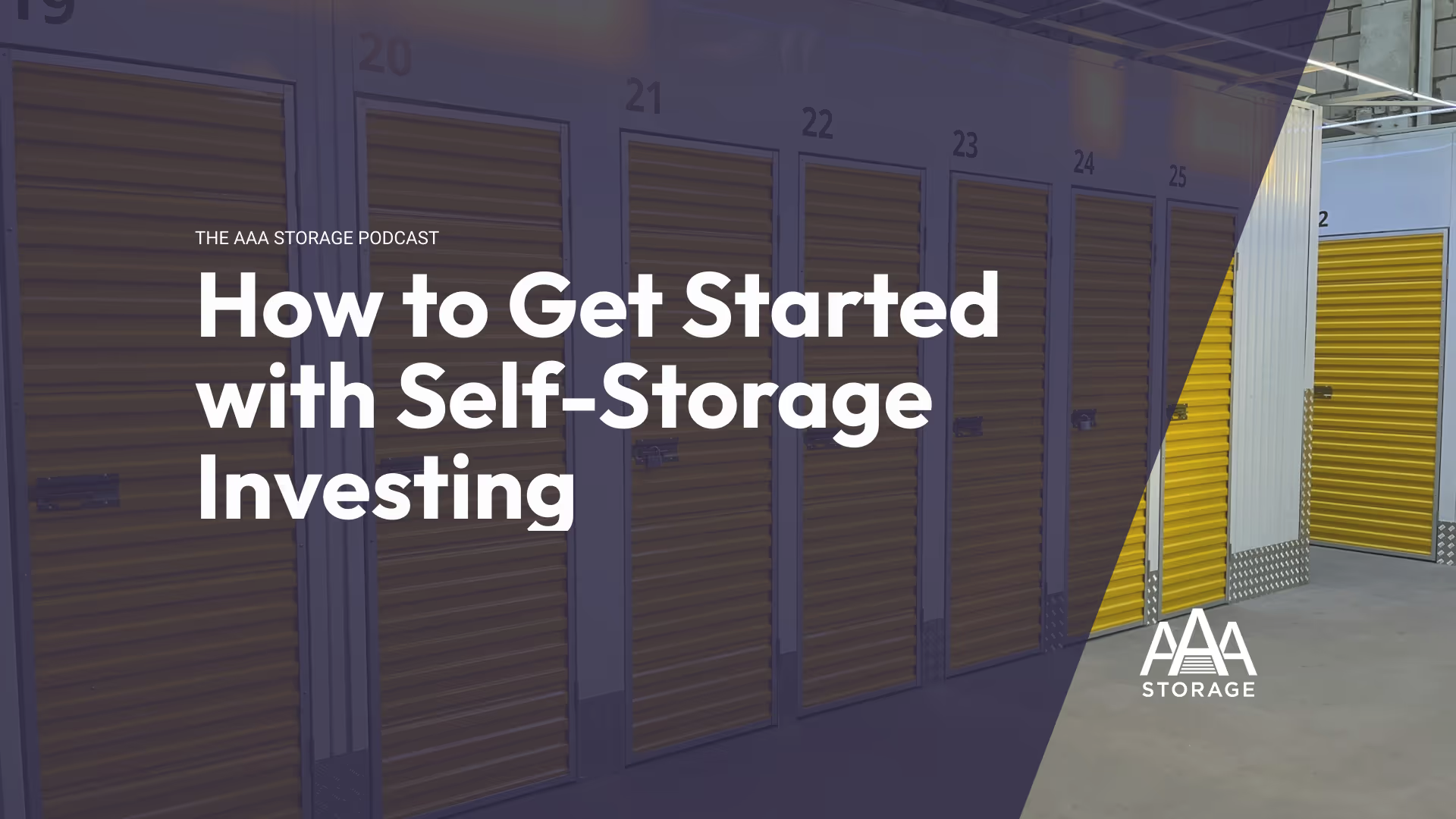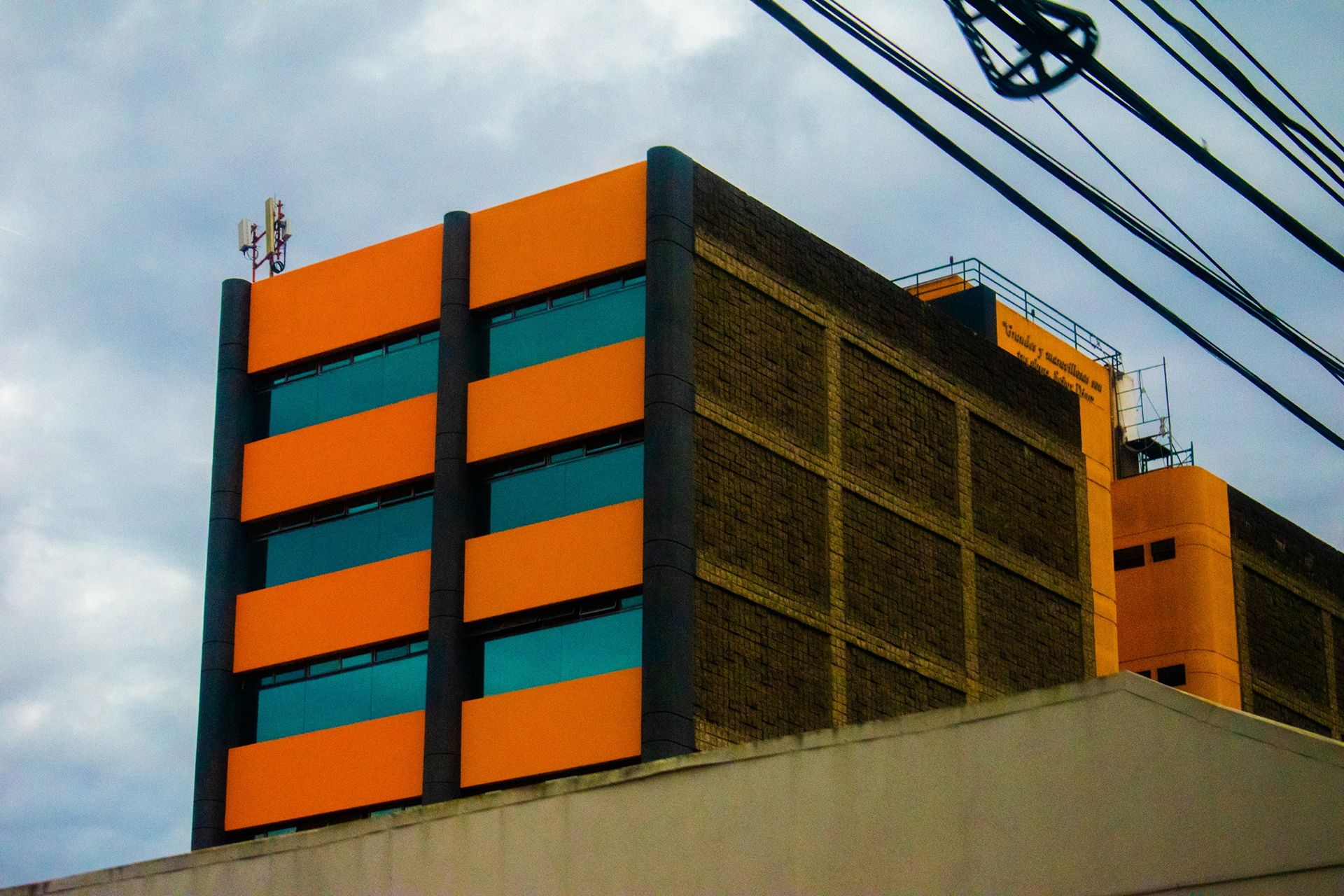
Context: Geopolitics, Uncertainty, and Immediate Effects
Major geopolitical events send a jolt through US markets. Israel’s strikes on Iranian nuclear sites, Iran’s drone response, and the global aftermath created immediate risk-off reactions—“the market was down about 500 points” early that morning. As Paul Bennett points out, this type of uncertainty makes both capital and people pause: “the uncertainty that it creates on lots of levels will have people go to sidelines and I think you’ll see a decline in investment activity.”
The impact’s depth depends on scale and duration. “If it’s over in 24 to 48 hours, then...none of this will really apply.” If the conflict persists even a “short to intermediate term” or draws in more players, expect sharper, longer effects. Investors should look for “some market volatility,” “a decline in investment activity,” and “potential cap rate expansion.” All these are real-time reactions to uncertainty—not projections, but “possibilities.”
Foreign capital flows are key. As the US is seen as “a fairly…a bellwether economy on the planet…you actually could see more inflows of capital because this is sort of a safe haven.” But “in the beginning you’ll see a delay in some transactions and some investments” as everyone waits for answers.
Oil, Inflation, and Interest Rates: The Knock-On Effects
Middle East tensions always hit oil. “Futures in the oil world have already gone up pretty dramatically.” Paul ties this directly to real estate fundamentals: “it’s going to affect transportation and utilities. It’s going to affect the fuel side...the supply chains and operating costs.”
Rising oil means higher inflation—directly and immediately affecting real estate. “Higher for longer” on rates is now a stronger likelihood; the Fed ties rate cuts to inflation, and if “this conflict drags on for any length of time,” even “rate increases” are on the table. For real estate investors, this means: “higher interest rates with the bank’s focus on cash flow coverages are going to make it more difficult to refinance.” Sectors with heavy maturing loans or recent development are in the tightest spot.
Cap rates, driven by risk and yield demands, are already responding. “I think you could see some cap rate expansion…some lower valuations...if it lingers for a while.” The spectrum of effects stretches from modest and temporary if peace returns, to prolonged stress if the conflict escalates.
Sector-by-Sector: Ground-Level Effects and Real Outlook
Office:
“Overall, this event, if it lasts any length of time, is negative for the office sector.” Paul is blunt—office faces the harshest environment. “If interest rates move up at all or don’t move down, it’s going to make...refinancing more difficult, which is going to result in defaults. The market’s already dislocated and none of this is going to help it.” Declining foreign capital is another hit, especially in “gateway” cities.
Retail:
Retail’s outlook depends on type. “Retail in general could see some struggles on the tenant side because of a negative consumer sentiment...the US consumer could put his hands in his pocket and keep them there for a little bit.” Grocery-anchored retail, discussed previously, is more insulated, but other segments feel pressure from both inflation and sentiment.
Industrial:
Here, the effect is “mixed.” Paul expects “some supply chain disruption and some increased cost for industrial tenants related to...oil prices, and stress on tenants ultimately results in stress on landlords.” Delayed or more expensive operations could ripple through to ownership, but no major headwinds loom.
Small Bay Industrial:
Small bay facilities—serving “consumer facing businesses...last mile logistics folks and landscapers and HVAC contractors and all those types of people that you find in Small Bay Industrial”—react quickly to fuel and consumer trends. “Their businesses are impacted by higher fuel costs. So there could be some drag on the tenant side...but I think the impact overall is mild.” Local service business resilience outweighs short-term macro shocks, though not immune to persistent inflation.
Multifamily:
Here, “the impact is pretty mild.” Higher debt cost “won’t help new development, but less new development won’t hurt multi-family as a sector, really, because it’s coming out of an overbuilt state right now.” Rent growth could “slow a little bit if inflation ticks up,” but overall, this is a sector with stable footing.
Self Storage:
Self storage continues to outpace others when stability is tested. Paul puts it plainly: “self-storage is so resilient that it tends to outperform all the other segments in an environment like this.” He underscores: “I really don’t see anything that raises real red flags.” The transcript highlights, “there’s some aspects of this that’ll be negative for self-storage, I think there’s some that are neutral, and even one or two that are positive.” Transaction volume may dip and rent growth “may slow a little bit,” but “no significant negative impacts.” If the conflict extends, “self storage…probably sit in the best seat.” Paul gives a visual: “that bottom could get flat for a little while…it may be more of a box-shaped bottom...The recovery has slowed a little bit because of some uncertainty…but I don’t see any significant negative impacts.”
What Investors Should Focus On
“The length of the conflict and the severity, the intensity of the conflict is the probably the biggest thing.” The wider the war, the more enduring the fallout; more players, higher stakes, and longer oil disruptions are the critical signals. “Looking at longer-term contracts in the oil futures market will give you a real idea where the professionals think oil prices are going.”
The core guidance: don’t mistake a context update for an exit signal. “I don’t think any of this shakes my confidence in or willingness to invest in commercial real estate.” For development or value-add operators, it’s the “three to six years” window that matters—next quarter volatility doesn’t dictate outcome. “This is the third time in the last three years we’ve had a conflict like this break out that has some level of implication for the economy in the US.” As always, the measured approach: “this is just a contextual piece...I don’t think it’s bad news. In fact, I think there’s a very low probability that it has anything other than a short-term impact.”
Conclusion
Events like the Israel-Iran conflict are reminders: markets, rates, and real estate fundamentals are always linked to global context. The facts: office faces the sharp end; consumer-driven retail and local industrial tenants feel risk but stay afloat; multifamily and self storage retain their defensive edge. Most impacts are mild unless the crisis expands or persists. In real estate, the fundamentals and the facts—not headlines—drive smart decision-making.
Find more expertise.
Stay updated with our newsletter.
Subscribe now for the latest news, tips, and exclusive content delivered straight to your inbox.











